The Boomers’ guide to being woke
Feeling threatened by the new orthodoxy? OK Boomers, this handy guide will lead you through it.
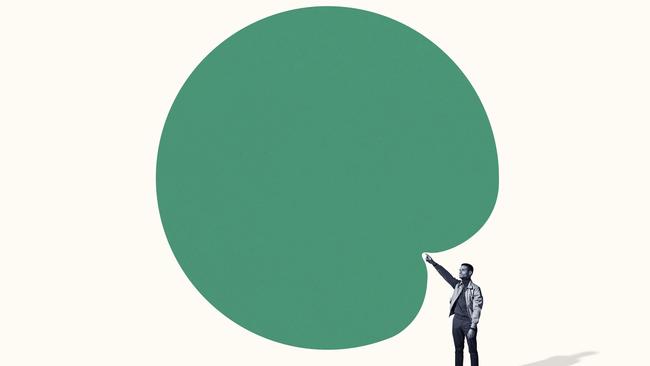
In 1965, on the hokey children’s show Lost in Space, the castaway family’s robot spoke for the citizens of the planet they had left behind. “It does not compute,” he grumbled, whirring his way into television folklore. Back on Earth, you had to be a very intelligent robot or a young human being to compute what was going on. All of a sudden a generation was disagreeing with the generation above it, on everything. Parents sent their children to school one morning in short trousers and pinafores; that afternoon they returned in kaftans and miniskirts, their hair as unruly as their music and their politics. Upstairs in their bedrooms, they made love (rather than war) beneath posters of the armed revolutionary Che Guevara.
Now, finally, as a parent in my sixties I know what it was like to be a ’60s parent. I also understand what the great columnist Bernard Levin meant when he wrote in his 1970 history The Pendulum Years: Britain in the Sixties: “In every age of transition men are never so firmly bound to one way of life as when they are about to abandon it.” Yes, I am holding on for now, enjoying my way of life’s suspect jokes, its biological certainties, its undergraduate sarcasms – but one more shove and I am gone, and I shall have joined my children on the other side. I shall have become woke.
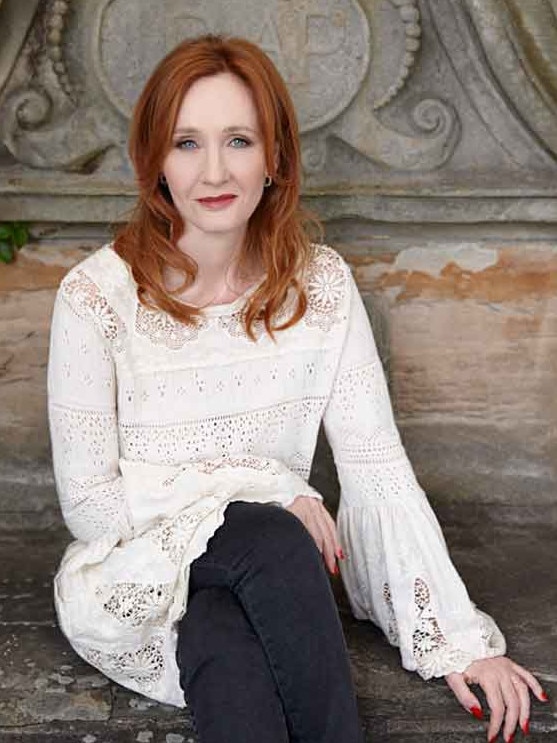
Until last June, for example, there was no greater lover of the Harry Potter books than my teenage daughter. Suddenly, however, their author ceased to be her hero. JK Rowling had criticised the phrase “people who menstruate”.
“If sex [gender] isn’t real,” she tweeted, “the lived reality of women globally is erased.”
Surely, I said, Rowling had a point, but her ardent former fan, my girl, could not understand why I was defending her.
“Why,” she asked puzzled, “would you want to be mean to trans people?” She was newly 13 and I realised I would never win an argument with her again.
How did I feel? I felt threatened, puzzled, wrong-footed – and very sure that woke was just a phase the world was going through and that it would pass (yeah, just like the ’60s never did).
The verb “to feel” was used 31 times in Meghan and Harry’s interview with Oprah Winfrey last month, most desperately when Meghan said she had been suicidal and had “never felt this way” before, most trivially when she said her future sister-in-law had “really hurt my feelings” over her bridesmaids’ dresses.
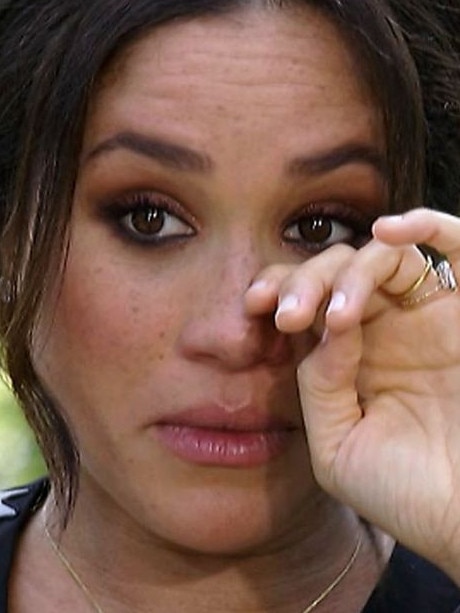
When I was growing up in the Lost in Space era, hurt feelings were like bruised knees. Up to a certain age tears were tolerated but, beyond that, boys suppressed them and girls were called hysterical for indulging them. The Queen last publicly shed tears for herself, rather than the war dead, in 1997, when her yacht Britannia was decommissioned. Her granddaughter-in-law had only to look at Oprah for her eyes to fill and the dabbing to begin. Meghan’s tears were seen not as an abdication of self-control but as proof of authenticity.
Actually, the definition of woke offered by the Merriam-Webster dictionary does not mention emotion at all. “Aware of and actively attentive to important facts and issues (especially issues of racial and social justice),” it reads. The definition, insufficient after only two years, is right etymologically. Woke’s origins do lie in the campaign for black rights and before that in ’60s black jazz, where staying woke meant, among other things, awake to your woman cheating on you. Most Americans first heard it used politically in 2014 after police killed Michael Brown, an 18-year-old black man. “Stay woke” – quickly a hashtag, a lyric and a documentary – meant staying alert to police brutality and, pretty soon, to everything.
It is not a bad word. The murder of George Floyd last May was a wake-up call. White people knew police racism was bad, but not that bad. They knew black people were angry and terrified, but not that angry and terrified. Shortly, they discovered how deeply offended their fellow citizens were by old statues of long-dead empire builders and slave traders. The past itself was offensive. The British historian David Olusoga told me that Gone with the Wind, Best Picture at the 1939 Oscars, “was too toxic to be saved” for future viewers.
By last year, woke was already not mainly about black rights. It had been co-opted by other causes, a victim itself of cultural appropriation, like “cool” and “dig”. The liberal left seized on woke because its old badges, “right on” and “politically correct”, were now used only in mockery. Woke was multidisciplinary: about people of colour but also women, victims of sexual abuse, gay people, trans people, exploited workers, disabled people, mentally ill people, exploited animals, and, most vulnerable of all, the planet. (Meghan personifies at least three woke causes: misogyny, racial discrimination and the neglect of mental illness.) It is future-proof because it is about feelings of injustice, acknowledging your own and honouring others’. In a social media age patrolled by mobs, it is a noble attempt to reclaim the web for enlightened niceness.
Erecting feelings on plinths in place of slave traders is problematic, however, even metaphorically. Most people who say they are victims are victims, but some may just be unable to see themselves as others see them. Some may be slightly or clinically paranoid. A few may be liars. With logic second to emotion in the hierarchy of validity, however, the veracity of their victimhood can never independently be tested.

In asserting that Meghan lied about her mental health on ITV’s Good Morning Britain, Piers Morgan probably thinks he fell foul of the new orthodoxy, but he was wrong to say what he did, woke culture or no woke culture. By definition we cannot know if people really feel as they say they do, and we should not presume. For centuries, society routinely dismissed complaints of discrimination, bullying and sexual intimidation as subjective and unprovable. The presumption has lately, perhaps belatedly, swung in the claimant’s favour. What happens, however, when society grants the benefit of the doubt to folk whose agendas are driven at least as much by passion as objectivity?
Sadly, given its good intentions, woke has shown itself to be extraordinarily intolerant. Just as liberté, egalité, fraternité led to the guillotine, woke led to cancellation. Cancel culture’s presence in universities is probably exaggerated, but it should have no presence at all. “No platform for fascists” was one thing; withdrawing invitations to the evolutionary biologist Richard Dawkins because he criticises Islam (among all other religions) another.
And what about the jokes we have lost? I do not mean racist one-liners but satire and silliness and irony. When I was at university, any joke was acceptable as long as it was a) funny, and b) clever. To add c) “not unkind” would exclude every gag since man-skids-on-banana-skin. John Cleese, whose Fawlty Towers was recently bowdlerised for alleged racism, spoke last year of his fears for creativity. He was against “nasty, mean, unkind” comedy, but “affectionate teasing” was a bonding mechanism. Society must not organise itself around the sensibilities of the most easily upset.
Woke, though, is so often used as a term of sneery ridicule that Merriam and Webster would now have to add to its entry “esp as a term of disparagement”. After all, who would own up to being woke if half the world agrees with Boston Globe columnist Alex Beam, who wrote that the “real purpose of woke” was “to divide the world into hyper-socially aware, self-appointed gatekeepers of language and behaviour, and the rest of humanity”? For many there is more cachet in being unwoke, one of the threatened, puzzled, wrong-footed and oppressed majority.
But the world is changing, and might the emerging climate actually be an improvement? Woke is not an aberrant meme run rampant. It is much nearer a historical inevitability, with its origins in the 19th-century Romantic movement, which insisted on the primacy of individual sensibility and, later, Sigmund Freud, who valued emotions we did not even know we had.
Paradoxically, woke’s articulate victimhood prospers today (even if it will have to be renamed) not because things are so bad, but because they are better. Those groups who today ask us to feel their pain are precisely those whose pain, until recently, was ignored and their voices unheard. Their feelings howl for attention because for the first time society is willing to give it.
All hurt matters. Subtract the excesses of woke from the sum of its compassion, its tolerance and its optimism, and it still adds up to a better world – or at any rate a world in which those who will live in it the longest will feel the most at ease. My dear robot, it all computes perfectly.
THE WOKE HANDBOOK FOR BOOMERS
By Stuart Heritage
In its truest form, “woke” means educating yourself to be alert to issues of social justice that aren’t usually apparent in one’s day-to-day life. A woke man will take time to learn about the issues that affect women in order to create a more equal society. A woke feminist will educate herself on trans people so that their feminism can become more inclusive. Woke white people will learn about the historical injustices faced by black communities. The list goes on.
The quickest way to educate yourself on such matters is to read about them. Fortunately, a string of books has been written in recent years to allow this. Reni Eddo-Lodge’s 2017 book Why I’m No Longer Talking to White People About Race is a case in point. An exploration of erased black history, whitewashed feminism and the link between class and race, it became a bestseller as people attempted to learn the context of the Black Lives Matter protests. Dozens of books have since appeared in its shadow.
Microaggressions
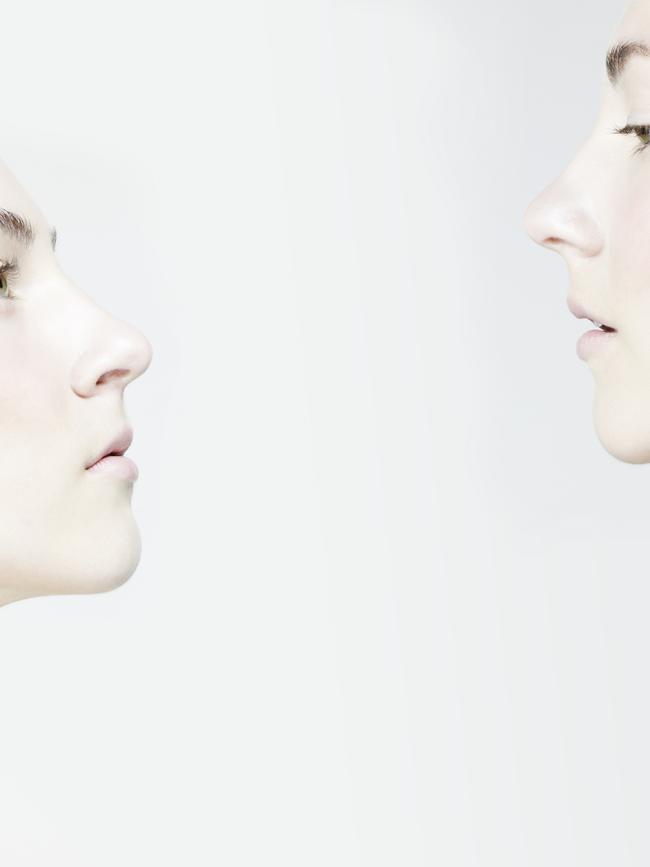
In days of old, aggression was easy to spot, because the overwhelming likelihood is that it came from a red-faced man with a veiny neck who’d just chucked a bin through a shop window. But those days are in the past because, if you want to be woke, you have to watch out for microaggressions.
Microaggressions are smaller than traditional aggressions, and therefore much harder to identify. Once you’ve tuned into them, though, they’re everywhere. Asking a non-white person where they’re from is a microaggression. Assuming that a gay person will already know another gay person is a microaggression. Asking a woman when they’re going to have kids is a microaggression. Basically, if it’s well meaning but oblivious, it’s probably a microaggression.
There are ways to stop yourself from falling into these traps. You could start paying attention whenever someone points out a microaggression rather than writing them off as sensitive and hysterical. Which is less fun, but important.
The environment
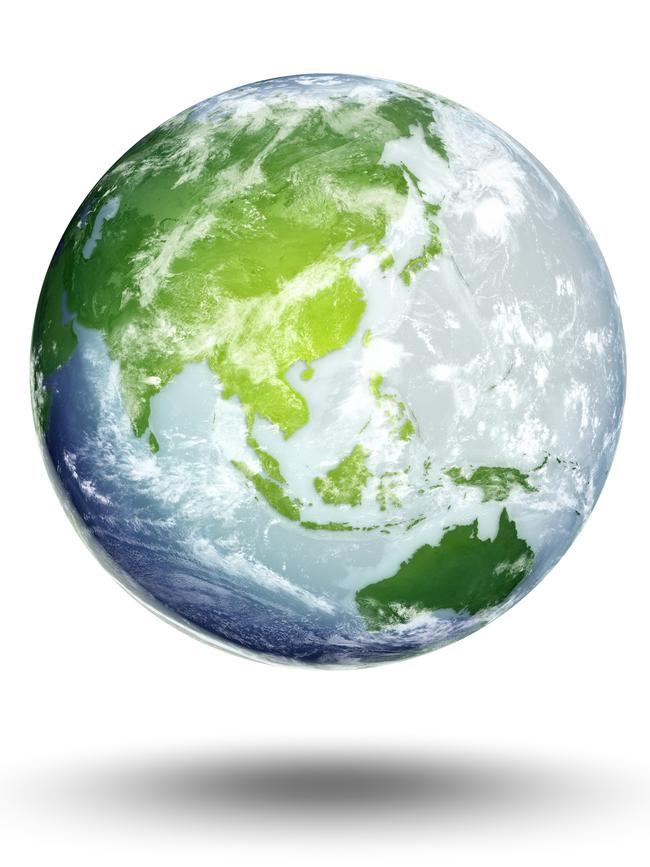
Caring about the environment isn’t something that should be restricted to the woke – when the ice caps melt, they’re not going to exclusively flood vegans. But you don’t have to go to the lengths of Extinction Rebellion to make a difference. You already know what to do.
Single-use plastic – single-use anything, for that matter – should be avoided in favour of anything reusable. Cheap clothes should be avoided in favour of things that cost more but last longer. Beauty products that contain microbeads should be avoided. You have power as a consumer. Spend your money on sustainable businesses that take care of the impact they have on the planet and other companies will follow suit.
Social media

To be woke is to be politically engaged. At the very minimum, you should regularly signpost your beliefs on social media. However, the problem with this is that your social following has been painstakingly crafted to hew closely to your own belief system. So anyone who tweets, “I think nurses should be paid more,” will just be shouting into an echo chamber of a million other people who think that nurses should be paid more. This isn’t strictly a woke phenomenon, by the way; the unwoke are just as capable of this, as anyone who has ever spent a day on Facebook can attest.
So what to do? Well, the smartest thing is to break out of your bubble. Move away from people who agree with you, and seek out those who don’t. Have a healthy debate. Challenge each other. Learn from each other. Grow. If you can sensibly and logically back up your arguments, you might use your influence to change their mind. If you can’t, block them for ever and retreat to the echo chamber. It’s a win-win.
However, it’s important to remember that different people use different media for different purposes. Facebook, for instance, has become a vehicle for people I went to school with to demonstrate that they no longer understand the difference between “their” and “there”, while Instagram is where the pathologically self-obsessed can attempt to airbrush the flaws from their lives.
The best place to be visibly woke is on Twitter, because being woke on Twitter is much easier than being woke in real life. On Twitter, you can respond to a news story with “THIS IS BAD” and instantly feel the dopamine rush of virtue, which takes much less time than, say, considering the environmental impact of every single piece of food you buy.
Gender
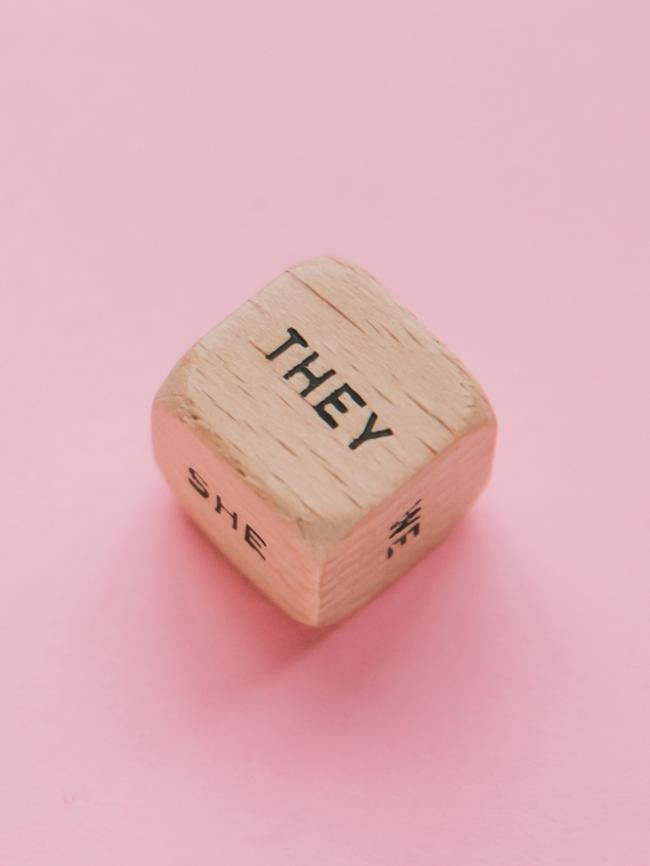
This is a big one, arguably the most hot-button subject today. Although a broad, if unsteady, consensus has been formed around issues of race and sexuality, the trans debate can still incite waves of angry discourse at a moment’s notice. Ironically, people only seem able to take a binary stance when it comes to trans issues.
Luckily, there are plenty of small things you can do to help. By including your preferred pronouns (he/him, she/her, they/them) on your social media bio or email signature, you can create an atmosphere in which the gender-fluid are comfortable enough to offer theirs. And it also helps to, you know, stop being the gender police and just let people get on with their lives without making a whole big thing of it.
Retro rockers
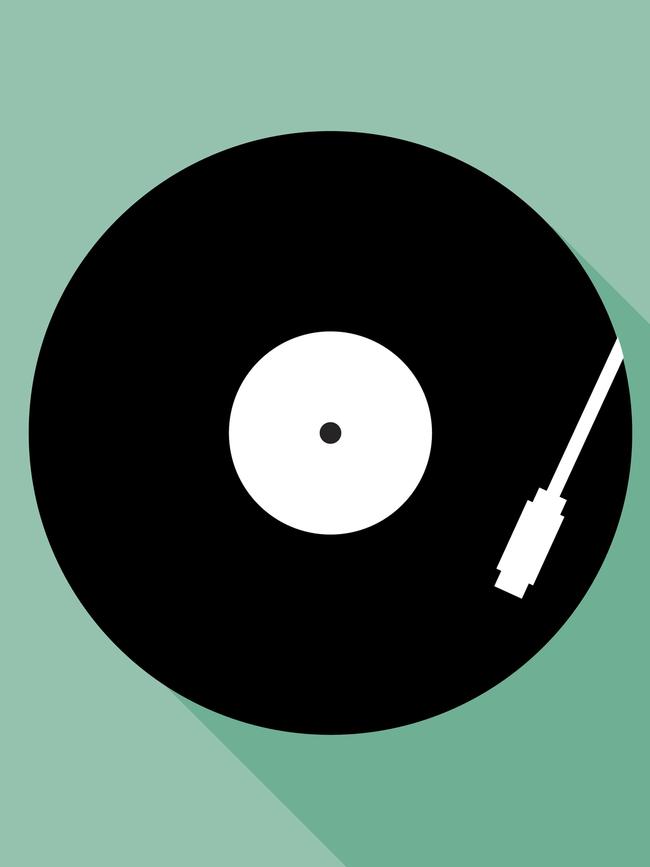
For centuries, people have struggled with the idea of separating the art from the artist. Can you appreciate work made by people who have a less than stellar moral reputation? Finally, we have an answer, and the answer is: “No. Are you kidding me? That’s disgusting. You’re disgusting. Get away from my sight.”
For example, it should be hard for you to enjoy the music of Michael Jackson after the Leaving Neverland documentary painted such a vivid picture of his abuses. It should be difficult to listen to the music of Phil Spector, after he was convicted of murdering a woman. For many, the film Joker was spoilt by its inclusion of a Gary Glitter song, rather than the fact that for a film about a spooky clown it was far too long and serious.
I know you’re thinking, “But surely if we hold musicians of the past to the standards of today, then it’s only a matter of time before all ’70s rock is wiped off the face of the planet for ever.” To which I say, “Yes, probably, but luckily we can all listen to lots of Lizzo all the time instead.”
Cancel culture
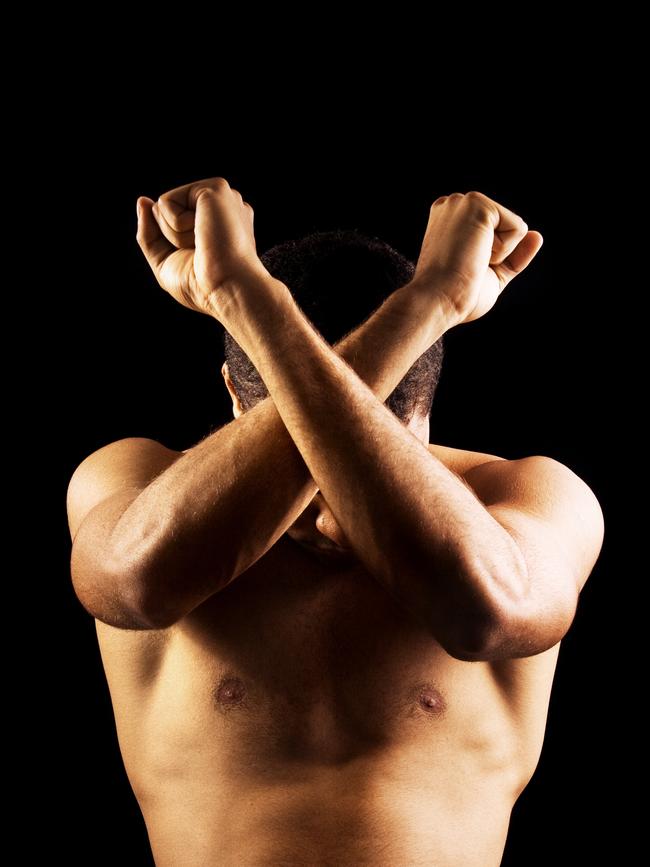
In theory, cancel culture is the scourge of the world. In theory we all live in a militarised dystopia policed by a few hundred people on Twitter who sniff out the slightest deviation from their rigidly enforced world view and then cancel those responsible as brutally as possible. You know what being cancelled is. It’s where your past transgressions are brought back to haunt you, and the internet decides that you’re this week’s baddie. As cancel culture gets more and more trigger-happy and the parameters of acceptable behaviour become more and more restrictive, it stands to reason that one day we will all be cancelled.
The reality is quite different. You will notice that the most prominent critics of cancel culture are quite high-profile. Ivanka Trump complained about cancel culture to her 10m Twitter followers. Columnists have complained about cancel culture to their thousands of readers. The public figures who signed a letter to criticise cancel culture last year included professors, well-known authors and a famous trumpeter, all of whom have large audiences and perfectly intact careers. None of these people have been cancelled. They just realised that some people don’t like them, and they’re whining. Only the absolute worst percentile of people actually get cancelled. So don’t worry. Unless you are a truly awful human being, you won’t get cancelled.
Snowflakes

For the uninitiated, “snowflake” is a pejorative term coined by author Chuck Palahniuk in his novel Fight Club. “You are not special,” its protagonist sneers at one point, “You are not a beautiful and unique snowflake.” The term has come to be used as a catch-all insult to any young people who are offended by people or ideas that exist outside their bubble. Upset when Trump was elected? You’re a snowflake. Still sad about Brexit? You’re a snowflake.
But here’s the thing. “Snowflake” is a terrible insult. It doesn’t work at all. Because as soon as you resort to calling somebody a snowflake, you are indicating that you also exist within a bubble, and that you don’t like it when someone threatens your world view. See the problem? It is impossible to call anyone a snowflake without instantly transforming into a snowflake yourself. And all this does is create a feedback loop in which millions of intolerant people call other intolerant people intolerant again and again. Try calling people “pricks” instead. Sometimes the classic insults are the best.
Diet

Decades from now, we will tell our vegan grandchildren stories of roast chicken and meatballs, and they’ll react with the same horror as if we told them that we regularly cooked babies on a spit. It’s becoming harder to deny the benefits of veganism. It’s healthier than eating meat, and cheaper, and cutting meat and dairy from your diet could reduce your carbon footprint from food by almost three quarters.
However, beware. Just because you don’t eat meat, it doesn’t mean you’re morally pure. A single almond needs three and a half litres of water to produce. Quinoa has become so popular that Bolivian farmers who grow it can no longer afford to eat it. So if even plants are problematic, what can we eat? Give it a few years and scientists are predicting that we’ll live largely on a diet of lab-grown, precision-fermented unicellular bacteria. Yum!
The Times

To join the conversation, please log in. Don't have an account? Register
Join the conversation, you are commenting as Logout